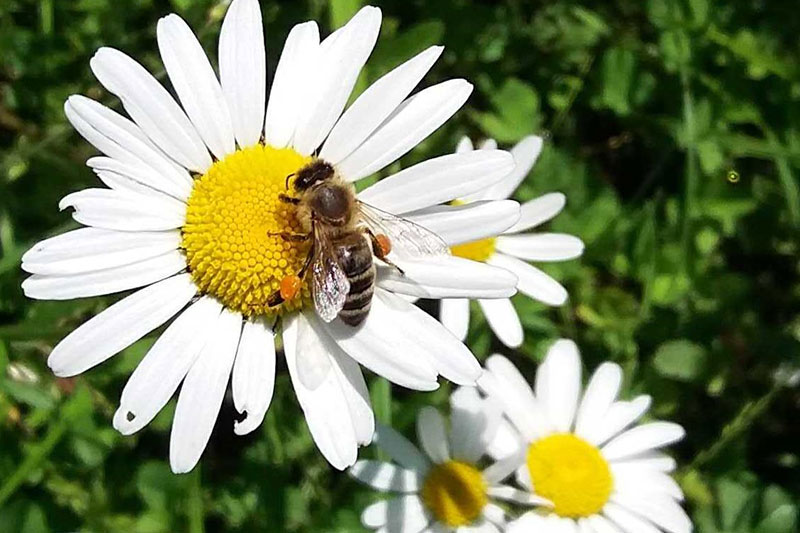Die geringsten Verluste an Honigbienen seit sieben Jahren verzeichnen Österreichs ImkerInnen im vergangenen Winter. Durchschnittlich 8,9 Prozent der Völker verendeten. „Das ist der zweitniedrigste Wert seit Beginn unserer Untersuchungen 2007“, erklärt Robert Brodschneider, Biologe an der Universität Graz. In Tirol und der Steiermark waren es nur rund sieben Prozent, in Wien, Kärnten und dem Burgenland allerdings mehr als zwölf. Die Ursachen für diese Unterschiede könnten mit bestimmten Umweltbedingungen zusammenhängen und müssen erst untersucht werden. Im Mittel lagen die Winterverluste in den letzten 15 Jahren bei 15,3 Prozent, der Negativrekord 2014/15 bei fast dreißig Prozent.
An der heurigen Erhebung beteiligten sich 1233 Imkereien, die insgesamt 26.405 Bienenvölker eingewintert hatten. „Das in den meisten Bundesländern gute Ergebnis ist eine erfreuliche Momentaufnahme. Es bedarf aber weiterer Anstrengungen, die Honigbienen in Österreich gesund zu erhalten“, warnt Brodschneider vor nicht absehbaren zukünftigen Ereignissen. Die gewonnenen Daten sind wichtig zur Risikoanalyse und werden gemeinsam mit denen aus 30 weiteren Ländern ausgewertet.
